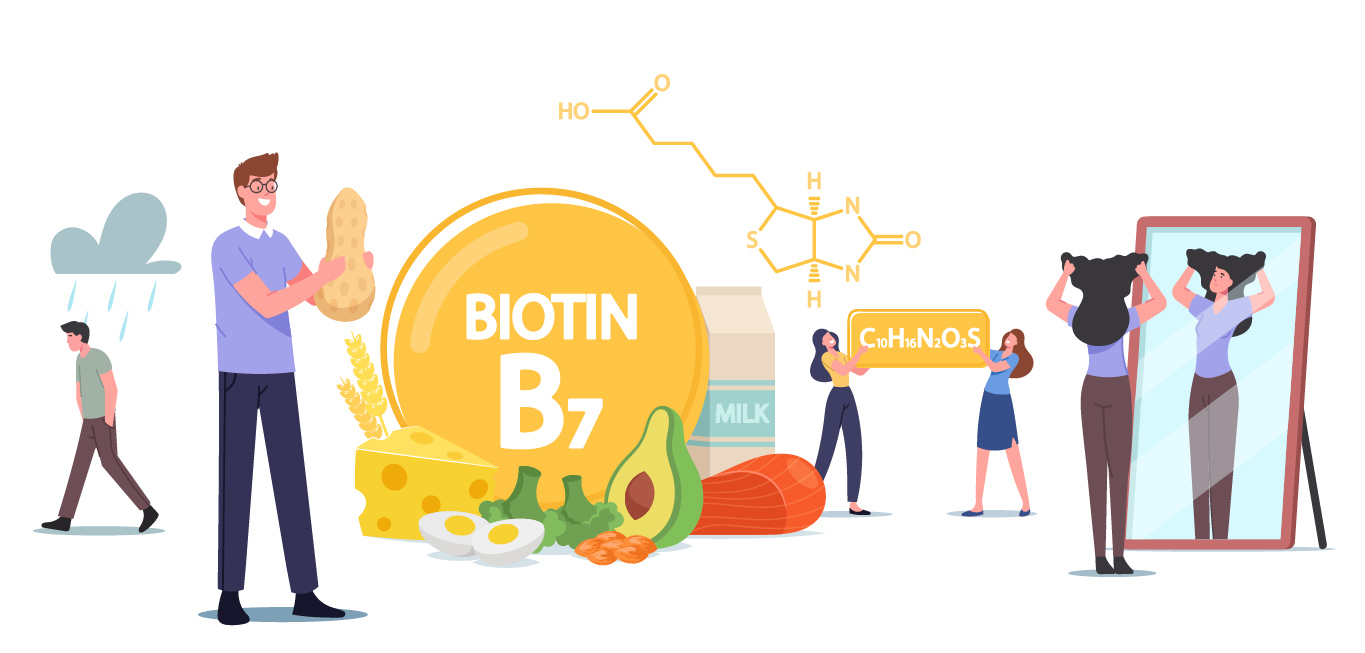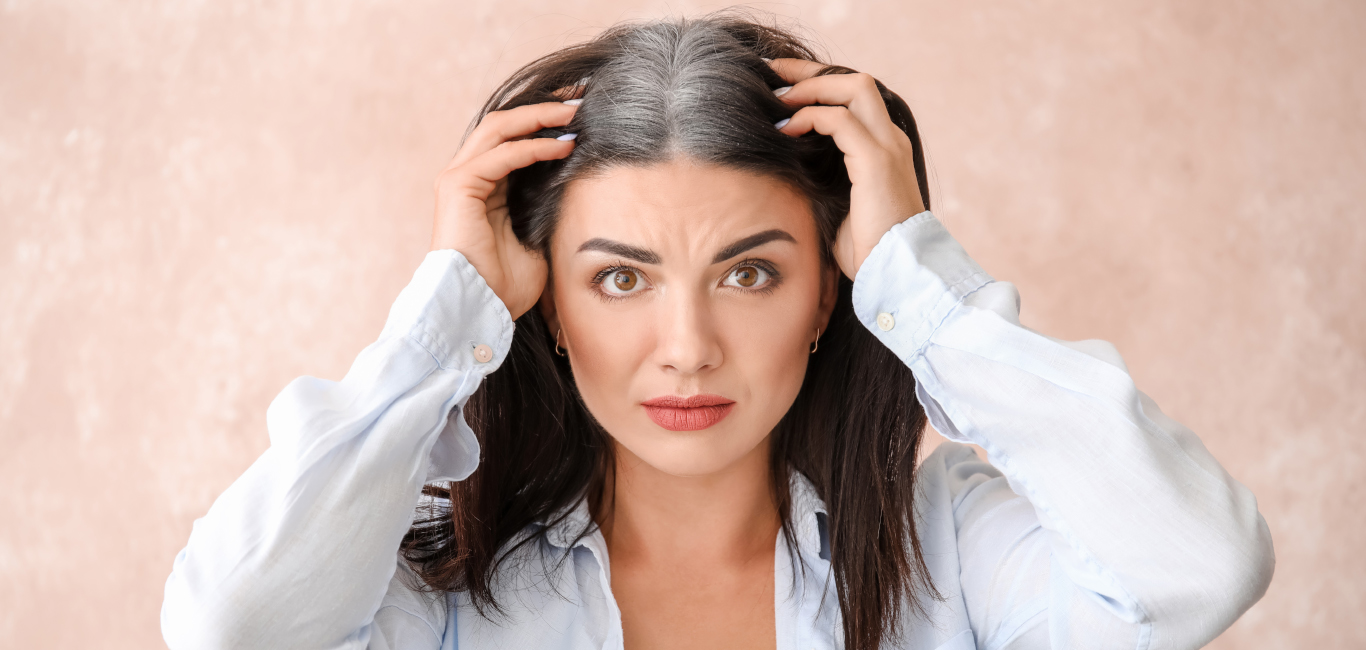
Biotin, also known as vitamin H, is a B-vitamin that has gained popularity in recent years due to its many touted health benefits. From shampoos to supplements, biotin has become a commercial hit and is said to have a wide range of positive effects on the body. According to a 2019 study published in the British Columbia Medical Journal (BCMJ) by researcher John Fan, biotin emerged as the best-selling multivitamin supplement on Amazon. However, before buying into the hype, it is crucial to understand the reality behind it. After all, as the adage goes, “all that glitters is not gold.”
What is biotin?
Biotin, also known as vitamin B7, is a hydrophilic (tends to be attracted to water or easily dissolved in water) B-complex vitamin. It is found in a plethora of nourishing foods such as eggs, salmon, avocados, and sweet potatoes. At Harvard University, biotin has been found to be a valuable ally in the digestive process, aiding enzymes to break down fats, carbohydrates, and proteins in food as well as to regulate cell signals and modulate gene activity.
Closer look at the biotin trend
“Biotin is frequently taken haphazardly for hair growth. However, even more concerning is the self-medication trend where individuals take gummies and other indiscriminate supplements without any medical advice,” says Dr Anil Abraham, trichologist and aesthetic dermatologist at Abrahams skin & hair Clinic, Bengaluru.
Dr Abraham acknowledges this surge to be a marketing facade. “Many vitamins and minerals have a possible role in healthy hair. These include vitamin D, B group vitamins, zinc, and iron,” he says. Dr Rasya Dixit, clinical and cosmetic dermatologist, Bengaluru, adds, “Hair fall is never a plain biotin deficiency but a combination of other vitamin deficiency.”
“Biotin gained recognition due to its ability to address its deficiency. It results in brittle nails and worsens alopecia, a hair loss condition,” says Dr Dixit. Additionally, she says that during the pandemic, many turned to multivitamins and supplements for health and safety.
The actual role of biotin in haircare
According to a 2017 study published in the National Library of Medicine by researcher Deepa P Patel, biotin is often marketed for hair and nail growth, but evidence supporting its efficacy is limited. The study further suggested that it may be beneficial in rare cases of its deficiency or conditions like brittle nail syndrome. However, there is insufficient evidence that biotin works well in healthy individuals.
Daily dosage levels of biotin
“Prescribing vitamins randomly without a clear indication is unscientific and dangerous because there is a recommended daily dose that cannot be exceeded,” says Dr Dixit.
Dr Abraham shares that the recommended daily intake level for adults is 30 micrograms. But many beauty-oriented biotin supplements contain excessive, non-medical doses ranging from 5,000 to 10,000 micrograms. Dr Dixit advises against self-prescribed supplements. “If one feels the need to consume biotin then always go for naturally available sources.”
When one goes beyond the daily limit
“Excessive consumption of biotin can skew the results of blood tests, leading to positive and negative interference in thyroid assessments,” says Dr Abraham. This has also been legitimised by the 2019 study by John Fan which states that individuals, before getting their blood assessed, do not perceive biotin to be harmful. Since it is an over-the-counter supplement and do not inform their doctors of their biotin intake. The study highlights that biotin interferes with the diagnosis or monitoring of endocrine disorders, malignancies, anaemias, and infectious diseases. Dr Dixit says, “High doses of biotin can also disrupt the accuracy of heart attack markers such as troponin, which can have severe consequences, including hindering the correct diagnosis of a heart attack.”
FDA warning
In November 2017, the US Food and Drug Administration (FDA) issued a warning to the public, healthcare providers, and laboratory personnel due to an increasing number of negative events linked to biotin. This was prompted by an individual’s death that was the result of an incorrect cardiac troponin assessment influenced by biotin interference. The FDA warned that it can affect certain laboratory tests and generate incorrect results.
Final words
Dr Abraham says, “Healthy hair needs the care and supervision of a qualified dermatologist or trichologist. One must always be safe than sorry.”

















